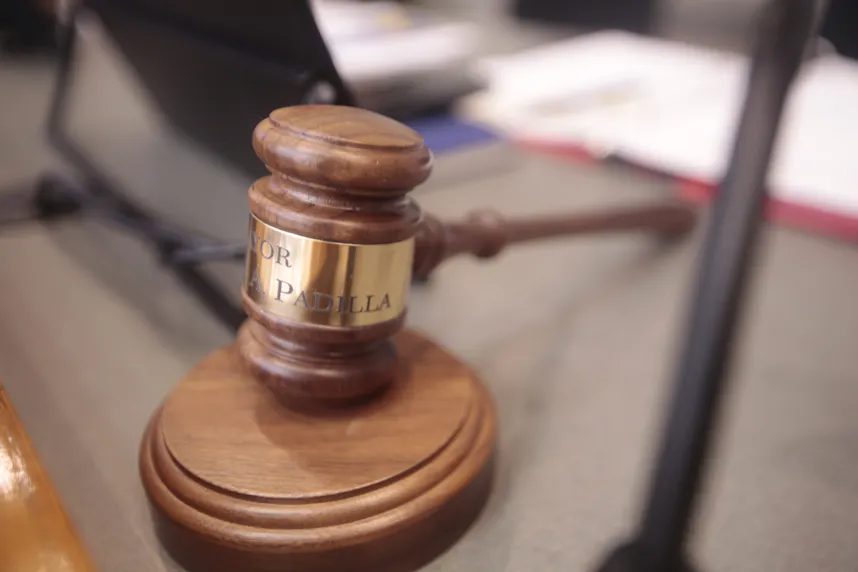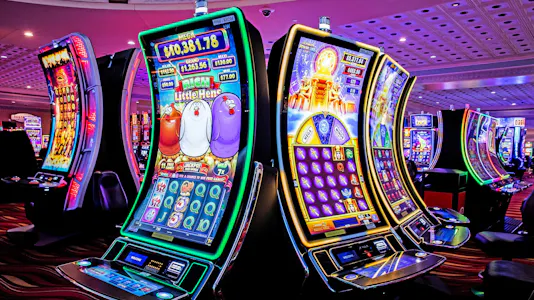NJ Appeals Federal Court Decision in Favor of Kalshi

Last updated: May 13, 2025 1:25 PM EDT • 2 min read X Social Google News Link

The New Jersey Division of Gaming Enforcement (DGE) recently appealed to the U.S. Court of Appeals for the Third Circuit in its ongoing court battle against Kalshi, a federally regulated event contracts platform.
The legal action comes after a recent ruling where the District Court granted Kalshi a preliminary injunction to allow the company to continue operating its real-world event prediction markets, including sports-based contracts, in New Jersey in defiance of a cease-and-desist order issued by the DGE in March.
The dispute is whether Kalshi's offerings constitute illegal sports betting in New Jersey. The DGE argues that Kalshi's result agreements on professional and amateur sporting events constitute sports bets, which fall under the state's exclusive regulatory authority.
In its cease-and-desist, the DGE directed Kalshi to remove these markets from its platform in the Garden State. Kalshi, not a roll-over kind of company, sued, arguing that its business is federally licensed, specifically under the auspices of the Commodity Futures Trading Commission (CFTC), which recently dropped its appeal against Kalshi, its federal regulator.
In issuing the preliminary injunction, the District Court seemed to suggest that Kalshi is most likely to succeed on the merits of its argument. The court concluded that Kalshi's contracts on sporting events are within the regulatory authority of the CFTC rather than the DGE, suggesting that federal law may preempt state law in that case.
In its appeal, the DGE objected to that interpretation. The agency contends that the CFTC has no authority to regulate sports betting sites.
DGE Asserts Regulatory Overreach in Appeal
The DGE's appellate brief asserts that allowing Kalshi to operate under the CFTC's umbrella would circumvent the regulatory framework established to preserve the integrity and legality of state-licensed sports betting markets. The agency also asserts that Kalshi's contracts are not significantly different from traditional sports wagers and are thus within its prerogative to ban them.
Kalshi claims that its contracts are event-based financial instruments in real-world events and are distinct from gambling. Kalshi argues that the nature of these contracts, though sourced from sporting events, is within the scope of the CFTC's authority to regulate event contract markets with commercial or economic value.
The District Court agreed with this view and held that sporting events carry financial or economic consequences and that Kalshi's site falls within the scope of federal commodities law.
The Third Circuit's decision will be several months or even a year away unless both parties seek expedited consideration. Kalshi can continue to run its service in New Jersey in the meantime, but within the terms set out in the preliminary injunction.
Any ruling affecting the balance between state and federal jurisdiction over event contracts concerning sports might have effects beyond New Jersey, especially in states where commodities trading and court-approved legal sports betting are regulated separately.

Ziv Chen X social





